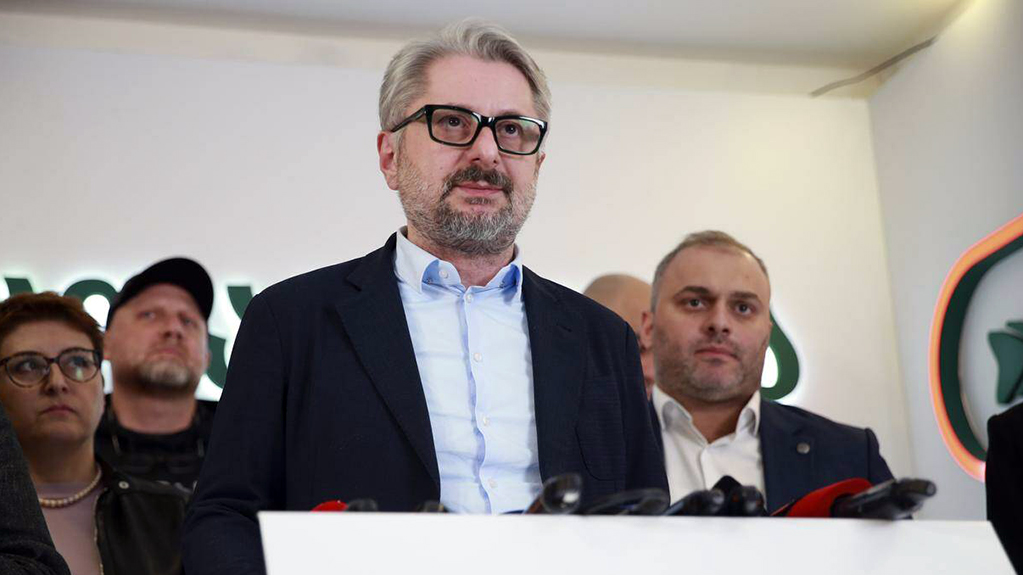Nika Gvaramia, a leader of the Coalition for Change, identified the opposition's biggest mistake as agreeing to hold parliamentary elections using electronic technologies.
News
"Our biggest mistake was agreeing to switch to a system we didn’t know about in such a decisive election. It was a mistake. Let’s admit everyone - across the political, non-governmental, and public spectrum. A system unfamiliar to us should not be used in a historic election. We were thwarted, but we caught them in the act of forgery," said Nika Gvaramia at a coalition event where the media were presented with evidence of violations discovered during the election.
Gvaramia also discussed the international investigation into the elections, noting that it does not require government consent, although "the government could attempt to block it."
"The fourth point of the Euro Recommendations is free and fair elections. There is both a political and legal basis for the European Union itself to establish a working group," Gvaramia noted.
According to him, this process could be referred to as an investigation or study - both feasible options to bring investigators to the scene.
"Directly, based on evidence, analytical materials, and assessments provided by us, all opposition parties, and non-governmental organisations, along with materials from the government and information from international observers, will conduct a study and conclude: Was it a free and fair election, meeting this requirement, or was it not, thus invalidating the government elected under this principle? If anything will take time, it’s the arrival and work of a large mission. It will be a lengthy process," Gvaramia said, adding that he prefers the term "evaluation mission."
He also stated that the opposition’s only topic of discussion with the Georgian Dream would be the organization of new elections and the peaceful transfer of power.
"Conducting elections under international administration doesn’t mean that the entire European Union will occupy all the commissions; impartial individuals should be seated there to make decisions, along with those they select. Frankly, I don’t even trust the people appointed by political parties. There’s no real party parity when there’s a billionaire in the country who buys everything - not only precinct committee members but entire parties. International organisations should oversee the elections. How this will happen could vary - they might appoint one representative per commission, while each district and the CEC could retain full autonomy. If they conduct a process that allows trusted non-governmental organisations (there are people we all trust in this country, right?!) to be the main driving force, with some party participation, and so on, that’s the secondary issue," said Gvaramia.
As per preliminary data from the Central Election Commission, 53.93% of voters supported the Georgian Dream in the parliamentary elections. The legitimacy of this result is contested by the opposition parties that passed the threshold, with votes distributed as follows:
- Coalition for Change (11.034%)
- Unity - National Movement (10.17%)
- Strong Georgia (8.808%)
- Gaharia for Georgia (7.777%)
President Salome Zourabichvili also stated that the elections were "completely falsified," asserting that Georgia had fallen victim to a "Russian special operation."















